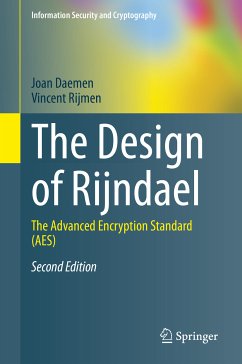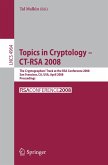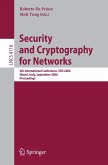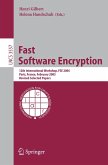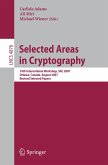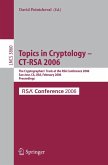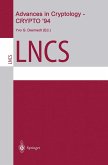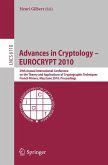The authors developed the Rijndael algorithm and in this book they explain the AES selection process and their motivation in the light of the earlier Data Encryption Standard. They explain their design philosophy and implementation and optimization aspects, and the strength of their approach against cryptanalysis. They support the text with the relevant mathematics, reference code, and test vectors.
In this new edition the authors updated content throughout, added new chapters, and adapted their text to the new terminology in use since the first edition. This is a valuable reference for all professionals, researchers, and graduate students engaged with data encryption.
Dieser Download kann aus rechtlichen Gründen nur mit Rechnungsadresse in A, B, BG, CY, CZ, D, DK, EW, E, FIN, F, GR, HR, H, IRL, I, LT, L, LR, M, NL, PL, P, R, S, SLO, SK ausgeliefert werden.

